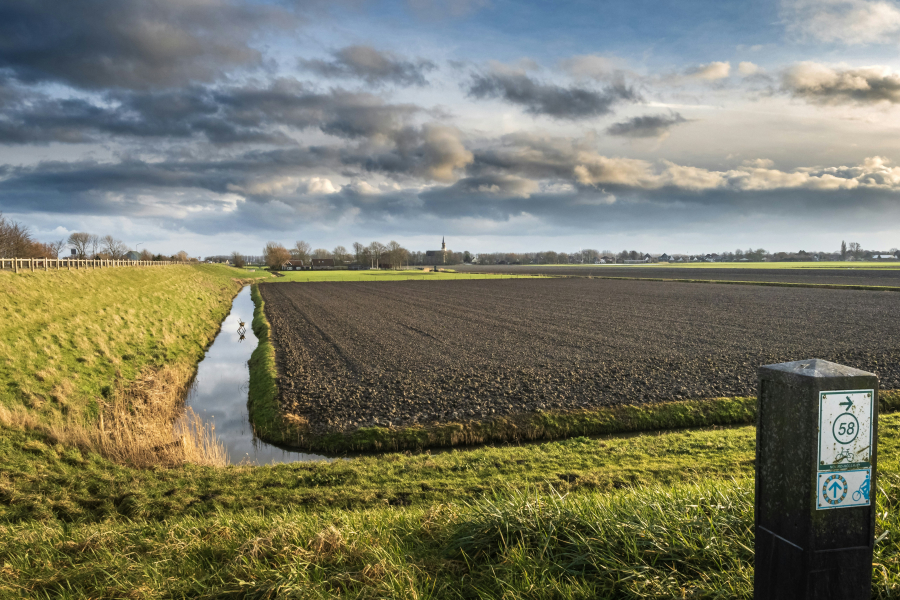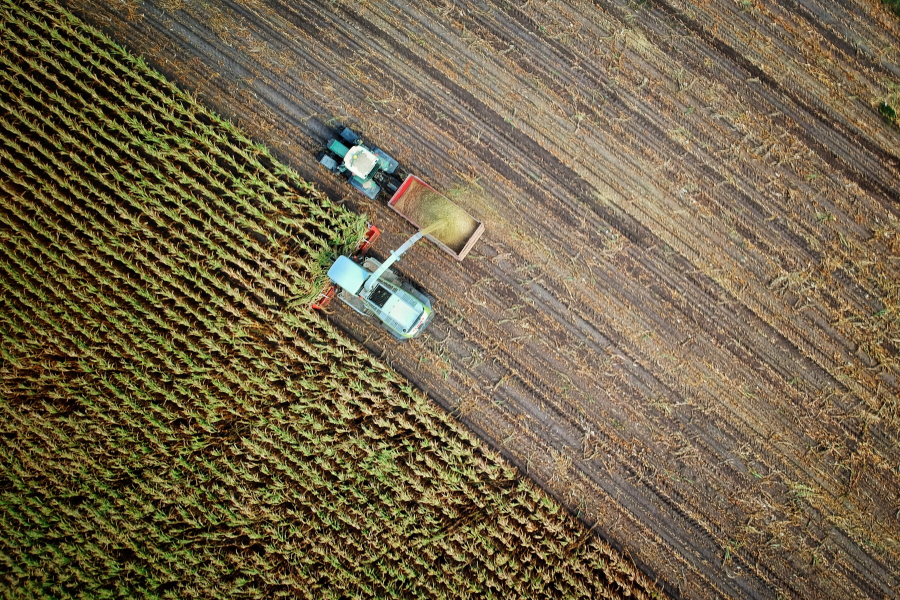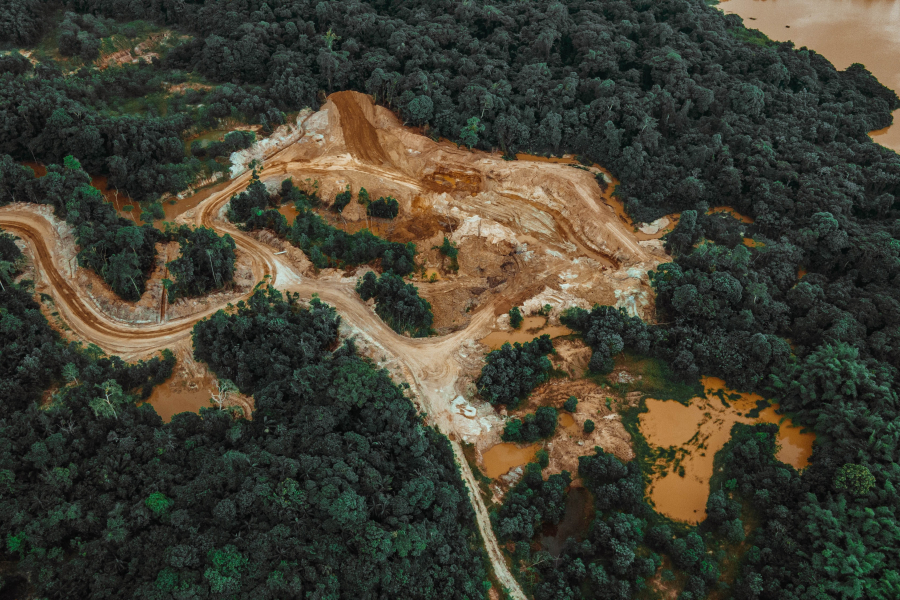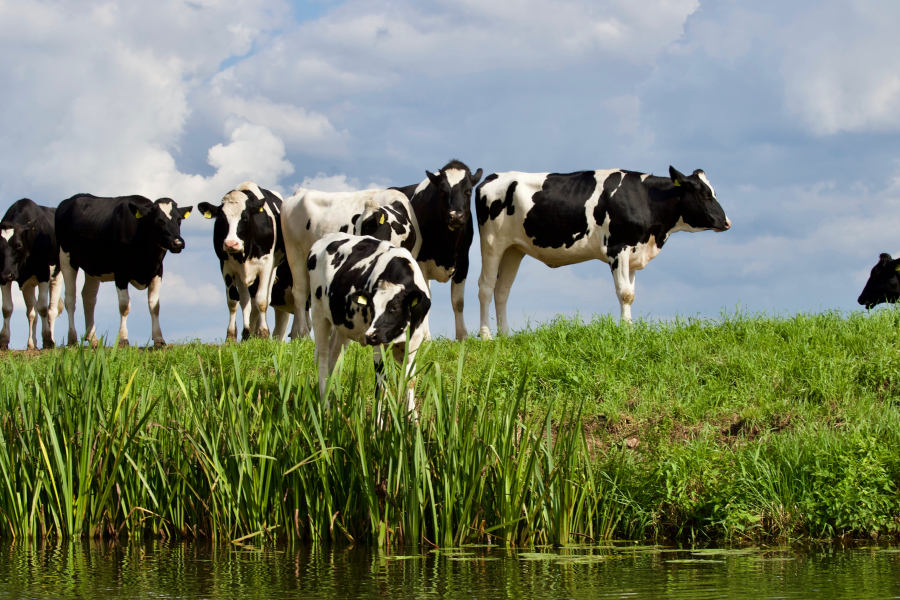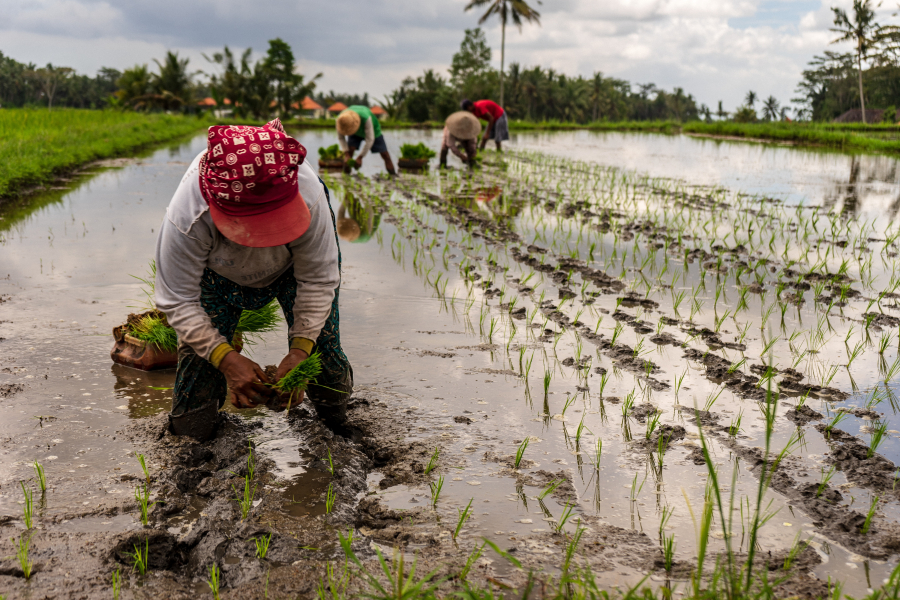Fighting hunger in a just way
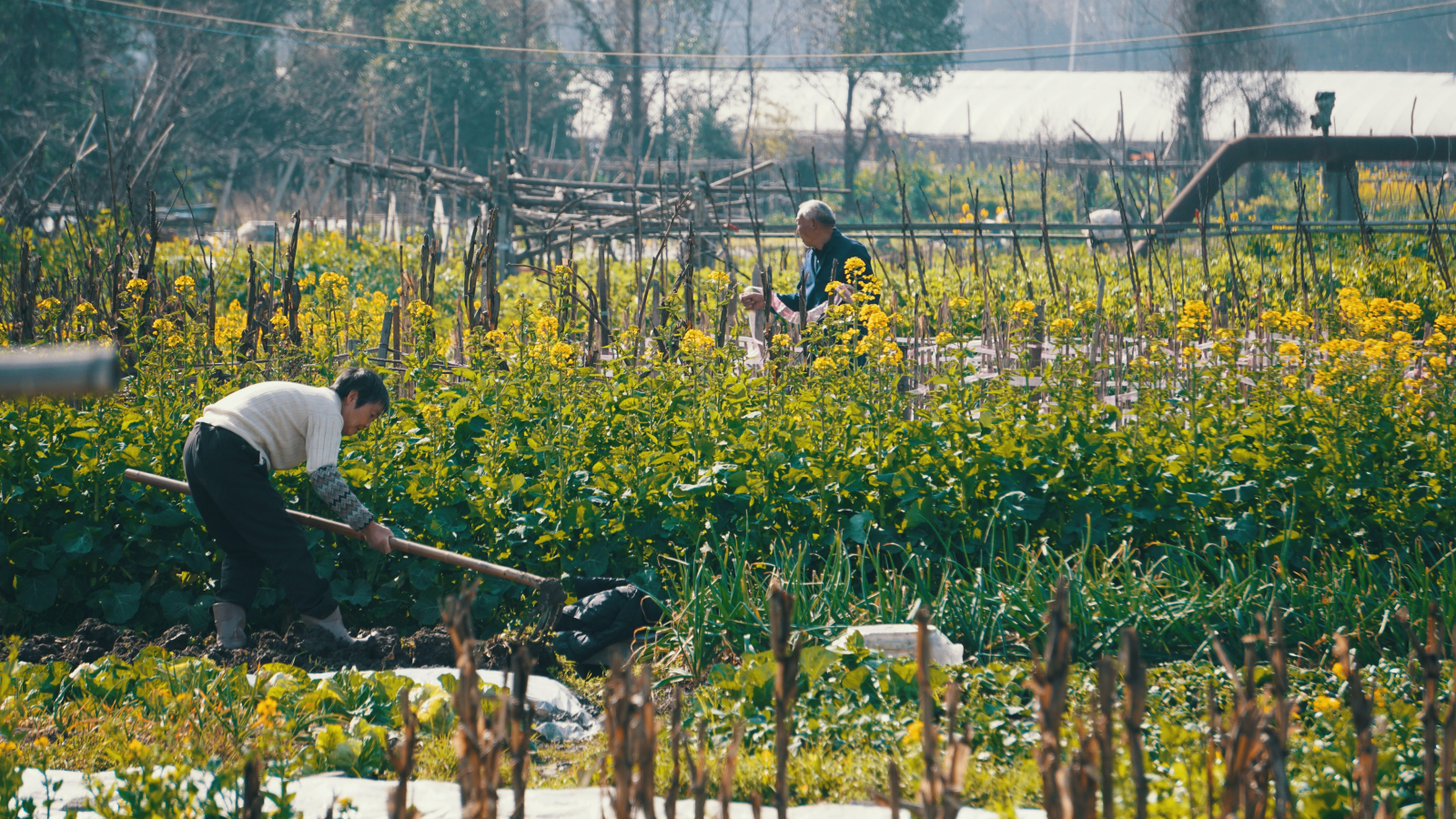
Health for all. Hunger for no one. That is the slogan of German biotechnology multinational Bayer, a major player in agricultural innovation. And while this sounds like a worthy goal, the company's solution to fight hunger is by agricultural intensification. It's a story often told: we need to produce more food to combat hunger. But is that really the case?
According to economic ecologist Dr Julia Tschersich (UU), this narrative ignores two major problems. First, the way we grow mostly the same crops on a large scale and the use of artificial fertilizers and pesticides create enormous environmental problems. Secondly, hunger is not a problem of scarcity. There is enough food for everyone, but the means of production and the food itself are often not distributed fairly by governments. Hunger is therefore primarily a problem of injustice.
Failing systems
"Food systems are currently failing many people and ecologies," Tschersich states. For example, innovations that address the effects of climate change by improving crops are not available to everyone. They mostly favor large farmers in the West, who have the financial resources to invest in new seeds and technology. As a result, smaller and poorer farmers in the global south often lose out.
Tschersich claims that technocratic solutions here and there are not enough. "We have to look at power relations, at how knowledge is created and what stories are promoted." For example, Bayer's slogan sounds very good, but when you look at the actual results of their activities, it becomes clear this multinational does not solve the major challenges facing our food system. Quite the contrary.
To move beyond the narrative of productivism and growth and recognize the needs of the global south, Tschersich stresses the importance of three paradigm shifts: "First, we must recognize and integrate other forms of knowledge, such as indigenous knowledge, to address the 'wicked problems' within our food system." Scientific knowledge is often implicitly considered most relevant, but to effect change, multiple forms of knowledge have been shown to be more successful.
In addition, we must move from economic materialism to post-growth strategies and restore our relationship with nature. "Community supported agriculture is a good example. Consumers buy a share at the beginning of the harvest season, and at the end it is shared equally among them." By doing so, the risk of a poor harvest is also shared equally. It also makes consumers more aware of where their food comes from. "This reconnection with nature is seen as a powerful sustainability intervention," Tschersich explains.
Diverse and locally adapted pathways
How do we make these paradigm shifts reality? Within our complex food system, it is not possible to have one solution that works everywhere and for everyone, Tschersich explains. We need diverse and locally adapted pathways to achieve these much-needed transitions. "Additionally, it is essential to strengthen the implications of equity and democracy in this process. We need profound and democratic transformations toward sustainable, healthy and equitable food systems," Tschersich emphasizes. Only then can we challenge the fundamental underlying power dynamics of our current system.
Being aware of alternatives and recognizing that things can and should be different brings us one step closer. "Although we need these changes from above, we must not forget that we create the system," Tschersich said. Changing ourselves is the first step in changing the system. The only way to bring about transformation is to adapt a different mindset. "As long as you are trying to change these paradigms you are contributing to a transformation, so it doesn't matter how small you are because you are already living the change. Just make it known."




